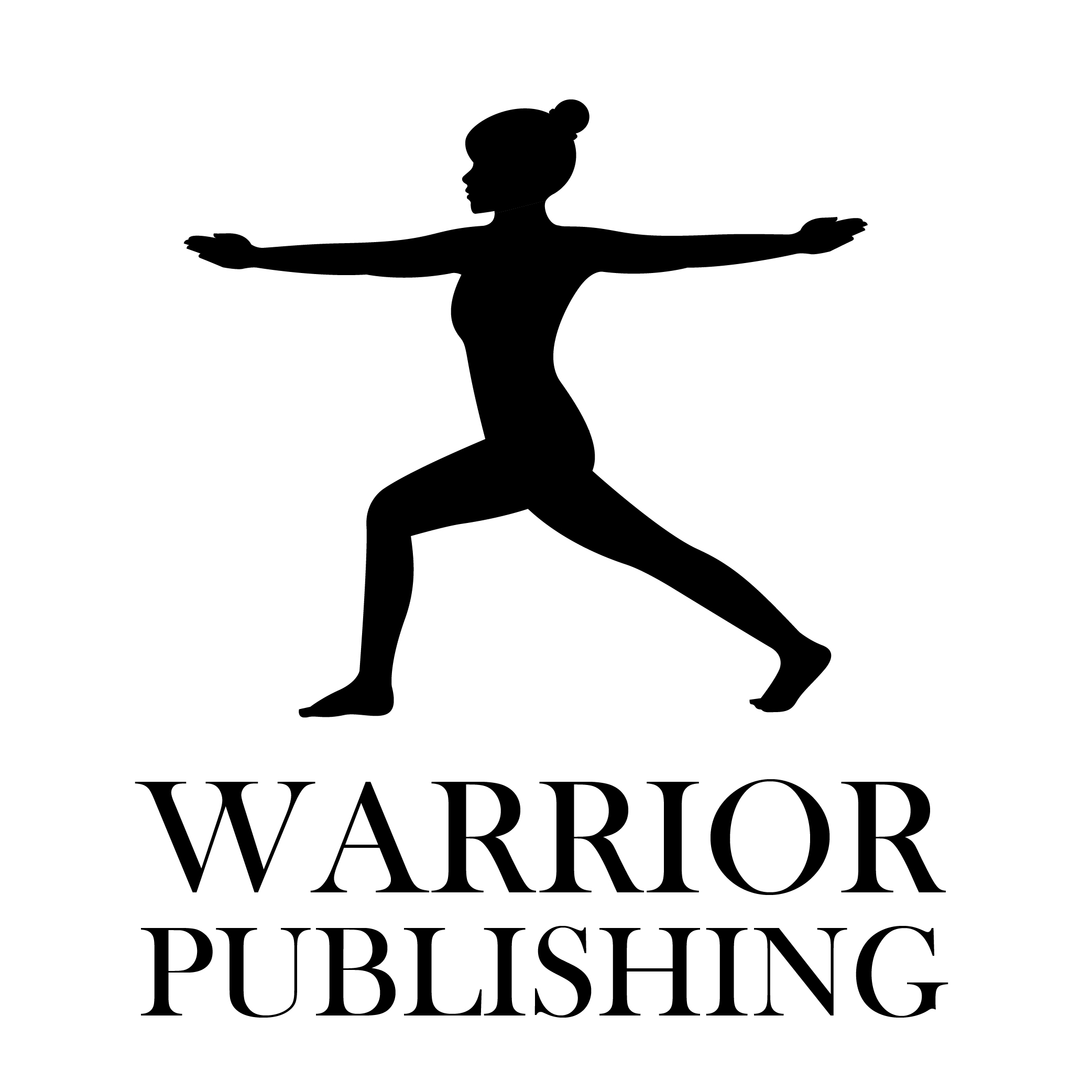In today’s workplace, the pursuit of success often comes at a cost. Burnout, stress, and a lack of work-life balance have become all too common, leaving professionals in dire need of guidance and inspiration. Throughout the year, I’d doven into these topics on the Decode Your Burnout podcast with thought leaders, experts, and individuals who have navigated the treacherous waters of burnout and emerged as beacons of effective leadership and workplace wellness.
The importance of effective leadership and workplace wellness cannot be overstated. These two pillars are not only essential for individual well-being but also critical for the overall success and sustainability of organizations. This article summarizes some of the strategies we’ve uncovered that can help individuals and organizations thrive in an increasingly demanding world.
From redefining work-life boundaries to embracing the simplicity of effective leadership through the lens of motherhood, these episodes shed light on the path to personal and professional fulfillment. Join us in part 3 of our compendium series for the year as we explore the lessons learned and the wisdom gained from those who have successfully decoded burnout and discovered the keys to leadership and well-being.
For those who need to catch up, here’s what you may have missed:
Lead by Example: Creating a Burnout-Proof Culture at Work
Amanda McKinley was a dedicated and passionate worker. Once deeply immersed in the corporate world, Amanda’s journey took a tumultuous turn as she found herself unwittingly descending into the clutches of workaholism. It’s a story that resonates with many, as the demands of a competitive workplace culture can subtly push individuals towards burnout without them even realizing it.
Once burnout set in and she realized she needed something to change, Amanda made small but significant changes to her daily routine and mindset. Breaking the habit of overworking required a commitment to better boundaries and work-life separation. One of her strategies was simple yet effective: she decided not to email people after hours, setting clear boundaries around her work availability. Additionally, she adopted the practice of arriving and leaving work at consistent times, fostering a sense of routine and predictability in her schedule. Amanda even took it a step further by carpooling with a friend, creating a sense of accountability for her daily routine. These small tweaks may seem insignificant, but they played a crucial role in helping Amanda regain control over her life and unlock the happiness that had been buried beneath the weight of burnout.
Now, it’s your turn to take action. Just like Amanda, you can break free from the cycle of overworking and start prioritizing your well-being. Begin by setting clear boundaries around your work hours and commit to not emailing or working after your designated work time. Establishing consistency in your daily schedule can provide structure and balance. Consider finding an accountability partner, whether it’s a friend, colleague, or family member, to support you in maintaining these changes. Implementing these small but impactful strategies can help you create a healthier work-life balance and prevent burnout. Your well-being is worth it.
Fostering Vibrant Leadership and Unforgettable Workplace Experiences
Phil Mershon hit a wall, almost reaching a point of suicidal thoughts, and the toll excessive work and disconnection from his community took on his mental and physical health. His episode highlights how the workplace, if not managed with care, can become a significant source of stress and burnout.
Phil introduces the principles of creating unforgettable workplace experiences, emphasizing the “Effinhouse rule of retention” and the importance of positive reinforcement. He encourages breaking the myth that people facing burnout cannot enjoy events or find them boring. Instead, he advocates for infusing creativity, sensory experiences, and meaningful moments into the workplace to boost engagement and satisfaction.
Nicole Greer’s insights complement this perspective by emphasizing that vibrant leadership is at the core of a thriving workplace culture. She highlights that genuine passion and inspiration from within leaders can naturally inspire and influence others, igniting a collective fire within the organization. Nicole underscores that focusing on nurturing the people within the organization and fostering a shared sense of purpose and enthusiasm is the key to transforming workplace culture.
Consider how both unforgettable workplace experiences and vibrant leadership can enhance your own work environment. Challenge the myths surrounding burnout and workplace engagement, and explore ways to create memorable and inspiring moments within your organization. That’s how you can contribute to a workplace culture that values well-being, engagement, and shared purpose.
Redefining Work and Play: Recharging Your Battery
In the episode featuring Casey Davidson, we delve into the connection between burnout and the loss of joy, particularly when external pressures and personal challenges converge. Burnout can strip away the enjoyment and fun from both work and leisure, leaving individuals feeling drained and disengaged. But Casey’s experience also serves as a powerful reminder that rest alone doesn’t solve burnout; it merely puts a pause on it. True recharging of one’s battery comes from embracing play and active engagement, reigniting creativity, and rediscovering the joy in both work and life.
Too often, we think of play as a frivolous waste of time, something reserved for children. But contrary to popular belief, Mike Montague underscores how play contributes to building creativity, confidence, connection, and both physical and mental conditioning. Individuals of all ages possess a playful personality that can be harnessed to recharge and re-engage with life and career. Mike’s episode also challenges the belief that hard work is the sole path to success, emphasizing that different types of work—physical, mental, and emotional—require varying levels of effort.
Reflect on how burnout may have affected your joy in work and play, and consider how embracing play and active engagement can recharge your battery. Challenge the myths that may be holding you back from incorporating more play into your life, and explore ways to infuse creativity and enjoyment into both your work and leisure activities. Remember, the key to true recharging lies in rediscovering the joy that can be found in the simplest moments of play and active engagement.
Psychological Safety and Belonging in the Workplace
Emma Codd, the Global Chief Diversity, Equity, and Inclusion Officer at Deloitte, was featured twice on the DYB podcast. In this first segment, Emma highlights the importance of fostering truly inclusive environments where employees feel a sense of belonging and psychological safety, enabling them to speak up about their mental health concerns without fear of stigma or repercussions. The episode offers invaluable insights for both leaders aiming to enhance workplace culture and individuals navigating the challenges of balancing work and well-being.
Sybil Stewart asks, ‘Are You Letting the Workplace Define You?’, a question that delves deeper into the intricate dynamics of identity and self-perception in the workplace. It sheds light on how individuals may grapple with the notion of being defined by their work environment and the associated implications for their well-being. Sybil’s insights further underscore the critical importance of psychological safety in empowering individuals to express their authentic selves openly, fostering a workplace where everyone feels valued and supported.
As you reflect on the combined insights from both episodes, consider your role in nurturing a culture that prioritizes inclusivity and psychological safety. Regardless of your position, whether you’re a leader striving to improve workplace culture or an individual dedicated to your well-being, these episodes offer actionable steps to create a work environment where authenticity and well-being thrive.
Overcoming Burnout and Embracing Self-Worth
So far, we’ve tackled issues related to workplace culture. While it’s important to address your environment in burnout prevention, it’s also important to manage yourself. Casey Davidson’s journey from burnout to self-discovery serves as a powerful reminder of the toll that burnout can take on one’s well-being. But how can individuals recognize and enhance their self-worth, particularly after facing burnout? This is where Daniella Stonefield‘s episode, ‘Know What You’re Worth and Be Worth What You Charge,’ provides valuable insights.
In her episode, Daniella dives into the myths surrounding self-worth, debunking the misconception that it is tied solely to external achievements or possessions. She emphasizes that self-worth is inherent and not dependent on external factors. As individuals reflect on their own journeys, they can focus on their unique strengths, skills, and experiences that make them valuable to others. Recognizing what sets them apart and how they can benefit those around them is a crucial step in enhancing self-worth.
So, whether you’ve faced burnout or simply want to strengthen your sense of self-worth, consider the wisdom shared by both Casey Davidson and Daniella Stonefield. Recognize that your worth as a person is not fixed, and intentional effort and self-reflection can lead to personal growth. Embrace your unique qualities, and remember that charging a healthy rate for your services is a fair and important aspect of valuing your time and expertise.
Conclusion
The takeaways from this article can be distilled into several key insights:
- The Value of Work-Life Balance: It’s crucial to establish clear boundaries between work and personal life. Overworking can lead to burnout, and simple yet effective strategies like setting work hours and avoiding after-hours emails can help prevent it.
- Vibrant Leadership Matters: Genuine passion and inspiration from leaders can positively impact workplace culture. Leaders who nurture their teams and foster a shared sense of purpose can create thriving organizations.
- Rediscovering Joy and Play: Burnout can strip away the joy in both work and leisure. However, embracing play and active engagement can help recharge one’s battery and reignite creativity. Play is not frivolous; it fosters creativity, confidence, and connection.
- Psychological Safety and Inclusivity: Creating inclusive environments where employees feel a sense of belonging and psychological safety is essential. Everyone should be empowered to address mental health concerns openly.
- Self-Worth and Personal Growth: Self-worth is not solely tied to external achievements or possessions. Recognizing one’s unique strengths and experiences can enhance self-worth. Charging a fair rate for services is a part of valuing one’s time and expertise.
Take these valuable lessons to heart and apply them to your own leadership and well-being journey. Whether you’re a leader striving to create a more vibrant and inclusive workplace culture or an individual looking to prioritize your mental health and personal growth, these insights offer actionable steps for positive change.
—————————-
Burned out? Let me coach you to go from Exhausted to Extraordinary.
—————————-
Do you want to get my Burnout Checklist for free?
I’ve created a checklist to help you identify signs of burnout and steps to take to get immediate results. Curious?
Author

Dr. Sharon Grossman, AKA the Burnout Doc, is a clinically trained psychologist and subject matter expert in burnout and mental health. Associations and Fortune 500 companies hire her to be their closing keynote speaker, to help their members and executives crack the code on burnout, and create custom-tailored solutions for recovery.
Over the past 20 years, Dr. Sharon has been helping high achievers who are struggling with anxiety, overwhelm, and burnout go from exhausted to extraordinary by better understanding how their brain works and how they can design and run their programming on purpose to live the kind of life they want to live. She is the author of several books on burnout and mindset and host of the Decode Your Burnout podcast. Through her speaking, training, and coaching, she helps organizations keep their top talent.


Recent Comments